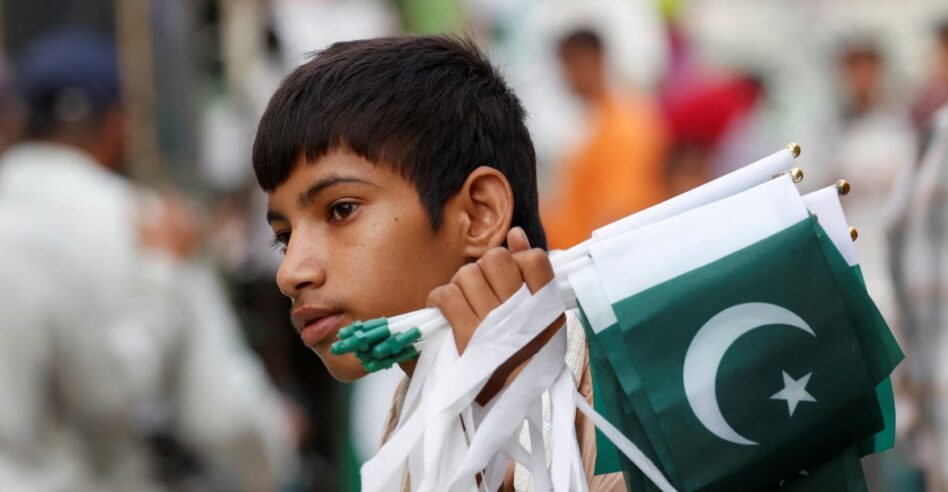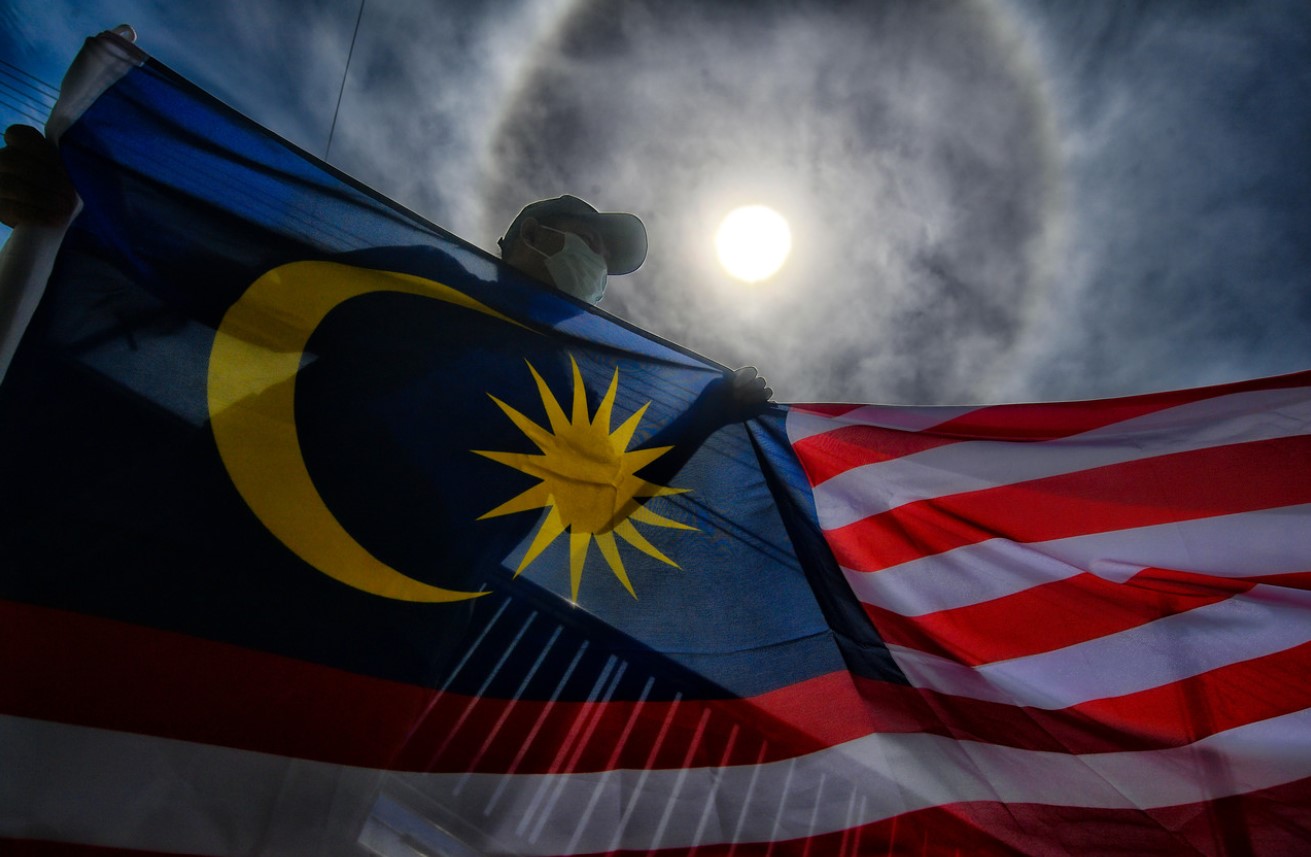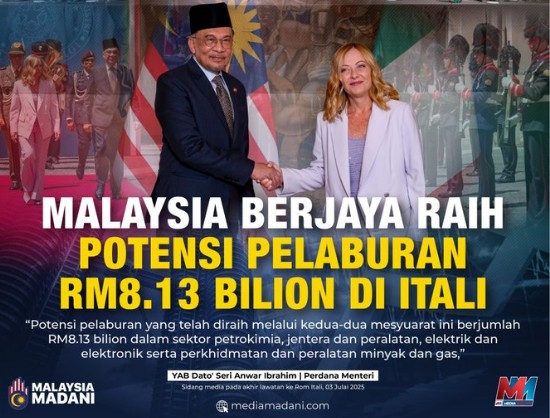IN his recent talk at the 18th Council of Churches Malaysia (CCM) Triennial Assembly, our ever-enthusiastic Unity Minister Datuk Aaron Ago Dagang emphasised just how crucial religious institutions are in the grand tapestry of nation-building.
The minister, ever the voice of reason, reminded the gathered leaders of their enduring responsibility to provide calm, clarity, and a sprinkle of peace during those chaotic, confusing moments in our communities.
When politics mixes too freely with religion, reason gets tossed out the window. Dogma takes the wheel instead of logic, leading us down the roads of division rather than unity, and progress becomes a distant memory.
We as citizens must be aware that such a blend could ultimately unravel the very fabric of our glorious nation. History has taught us that this unholy alliance tends to cultivate oppression, encourages sectarian strife, and hampers innovation.
Indeed, nothing stops a nation quite like a blend of religious belief and governmental power—one that can transform harmony into conflict, leaving development to wither on the vine.
Now, if you ask how exactly this can ruin a nation, the answer is quite simple (and rather unfortunate). For starters, it divides good neighbours into ‘believers versus infidels’, reminding one of the dubious sectarian quotas from Lebanon.
Corruption blooms where governance becomes a plaything for religious elites rather than serving justice, much like those notorious morality police in Iran. Education and innovation find themselves choked as dogma takes precedence; just look at the Taliban’s decision to close girls’ schools!
Investors, too, take a backseat as instability sends them packing, causing economic distress, just like the story of Pakistan’s recent troubles.

And violence? Well, that can escalate quickly, leading to holy wars and persecution, as we’ve tragically seen with the Rohingya in Myanmar.
What’s the remedy? We insist that the answer lies in a neutral stance on religion from the state; a commitment to equal rights and the freedom to believe without foisting those beliefs upon others.
Now, what about the possible outcomes when religion and politics go hand in hand? History shows us that the mingling of the two often paves the way for division, conflict, and sometimes even the outright decline of nations.
Drama tends to unfold as societies slip into an ‘Us versus Them’ mentality. When political parties align closely with a particular faith, the outcome is usually marginalisation for minorities.
There’s also the nagging issue of secular governance being undermined. Religious edicts can overshadow civil laws, which tend to sow confusion and inequality.
The example of Iran’s theocratic regime imposing harsh interpretations of Shariah law provides an alarming picture, showcasing everything from executions for blasphemy to oppression of women.
To add to these grievances, the scales of justice can become imbalanced when religious biases creep in.
Malaysia itself has faced instances where Islamic courts override civil law, creating what one could call a legal conundrum—like child custody battles caught between Muslim and non-Muslim parents.
Now, if you follow this thread a little longer, you’ll find that such an entanglement invites extremism. A politicised religion can nurture extremists that perceive dissent as sinful. For illustration, let’s think of Sri Lanka, where Buddhist nationalism has resulted in anti-Muslim pogroms.
The chilling spectre of terrorism does not shy away either, evident from the troubles in Northern Ireland where Catholic and Protestant violence has claimed countless lives.
The consequences are not limited to social tensions; they reach into economic and social realms as well, leading to talent flight when marginalised groups pack their bags in search of safety and prosperity.
It is evident then, when religion steps over into the political realm, it often leads to ruin. History has taught us that once that occurs, recovery is a long-suffering journey—just look at Syria, Yemen, and Myanmar.
Thus, keeping faith private and governance secular seems to be the better path forward.

So how do we shy away from mixing politics with religion? Suggestion are that we need more programmes aimed at promoting human rights and gender equality—emphasising education and anti-discrimination efforts through non-partisan NGOs, UN forums, and grassroots movements.
Our government should focus on fostering community-building efforts that don’t involve political manoeuvring, such as improving moral education, alleviating poverty, and engaging in interfaith dialogue
Moreover, initiatives aimed at combatting climate change should be perceived as a collective duty for all humankind, rather than a bullet point on any political agenda.
Partnering with scientists and policymakers—not lobbying for any political entity—can ensure sustainability for all.
Additionally, supporting refugees and migrants using humanitarian aid for universal dignity must be our goal—let’s not exploit anyone’s hardship for political mileage as has been seen elsewhere.
Finally, voting ethically should be our guiding principle; let’s vote based on justice and anti-corruption, never swaying voters with the authority of pulpits.
In the end, faith can indeed be a source of inspiration for social change, transcending petty politics while fostering unity and ethical advocacy without imposing beliefs upon anyone.
Let us tread carefully on this delicate path, where understanding and love should prevail over division and discord. – April 30, 2025
KT Maran is a Focus Malaysia viewer.
The views expressed are solely of the author and do not necessarily reflect those of Focus Malaysia.
Main image: The Borneo Post









